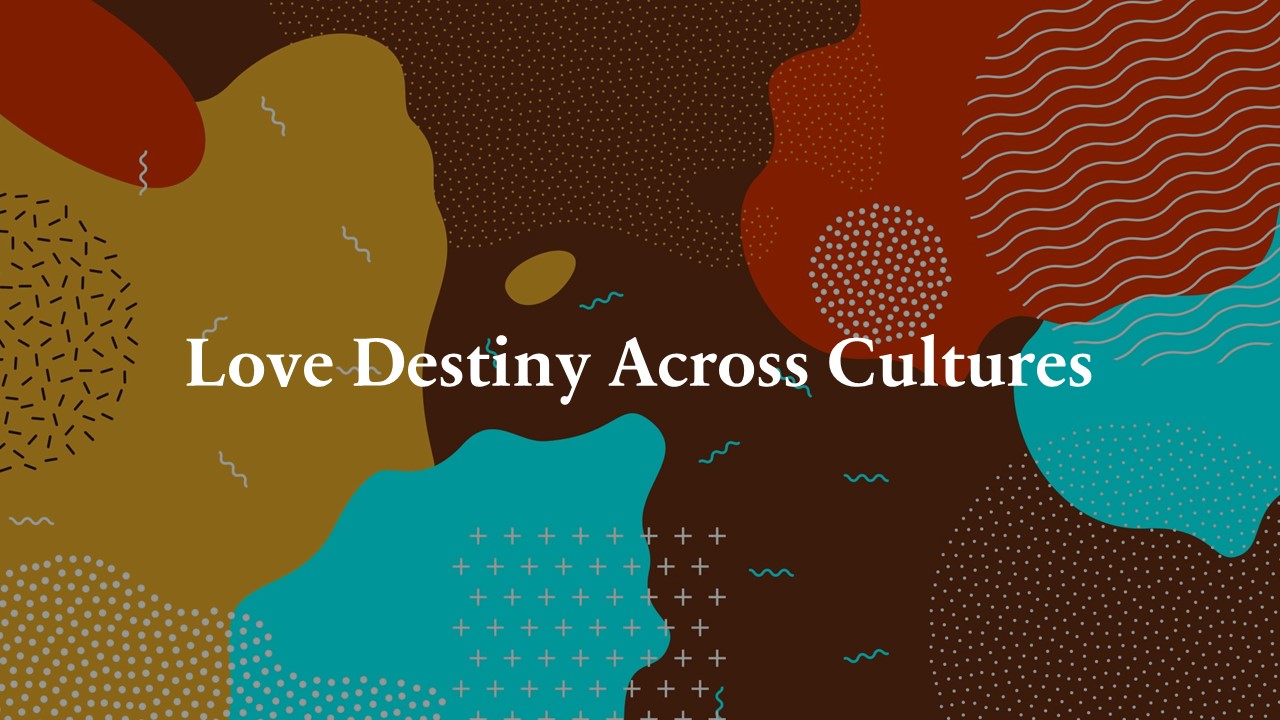Is love really our destiny in life? What do different cultural beliefs tell us about love destiny? Our love destiny is likely to be our fate for life.
Love is a mysterious and unknown force that many cultural traditions consider fate and destiny. The English term “destiny” has Latin origins, denoting the meaning “determined.” It stands for a strong supernatural power that is embodied and personified as a cosmic or God’s superpower. It determines what happens in people’s lives and relationships.
The belief in fate and destined love suggests that there is only one true love and one predetermined marriage for life. Prospective partners are either meant for each other or not.
The Cross-Cultural Universality of Fate and Love Destiny
In many cultures and periods of history, people have held the view that love and a long-term relationship are their fate and destiny. These are the traditional European romantic love ideals found in literature and scholarship. Anthropological studies have shown that these cultural beliefs exist in many African and Asian societies (see for review, Karandashev, 2017, 2019).
These folk and literary perceptions are mirrored in words such as destiny and fate, which assume the existence of an ultimate agent that guides a person to perfect love and predetermined marital partnerships. True love is an unavoidable fate. It is beyond a person’s control. He or she just ought to succumb and accept it as destined love, with all that happens.
The Lexicon of Love Destiny Across Cultures
In many cultures and languages, there are words that express the meanings of fate, love destiny, or something similar. For example, the classical Greek word for an unshakable and binding destiny is “anánk” (starcrossed love). The Japanese word for the feeling that love with this person is inevitable is “koi no yokan.” The Chinese word for a force impelling a relationship’s destiny is “yuán fèn.” The Korean word for lifelong, unshakable love is “sarang” (Lomas, 2018).
We can see that the notion of predetermined love has appeared in a variety of cultures and languages. Here are just a couple of examples of the cultural beliefs in fate and destiny in love and marriage.
The Burmese Cultural Idea of Love Destiny
In a Burmese cultural context, here is the concept of love as fate. Previously known as Burma, Myanmar is a Southeast Asian country heavily influenced by Buddhist culture. Burmese folklore tradition teaches men and women that love is their fate.
The cultural myth tells people that shortly after one’s birth, the Hindu god Brahma writes one’s love destiny on the forehead. So, the destiny of love is what guides men and women in love and in their marital future, one for life. In Burmese society, there is no custom of arranged marriages. People follow their destiny.
Love is mostly involved in the marital relationship, along with sentimental affection, sexual attraction, sympathy, and attachment. However, despite its importance in men’s and women’s marital lives, love is exhibited in moderation (Victor de Munck, 2019; Spiro 1977).
Like in other East Asian societies, Burmese spouses are reserved in their emotional expressions.
The Chinese Cultural Idea of Love Destiny
These are the cultural beliefs about destined love in Chinese society. People have traditionally followed their faith through relational fatalism. Predestined relational affinity is embodied in the Chinese concept of “yuan” (Goodwin & Findlay, 1997; Yang, 2006).
Because they believe in a predetermined relationship affinity, people think that the type of relationship, how long it will last, and how well it will work are all determined by affinity.
The different types of yuan are the external and stable causal factors determining different types of relationships. This external attribution of the relationship to “yuan” plays its vital social-defensive and ego-defensive roles in the relationship.
In establishing a relationship, Chinese men and women particularly appreciate relational harmony. They have a fear of disharmony in the relationship and strive for harmony for the sake of harmony itself. Due to the attribution of yuan, family relationships are supposed to be kept harmonious and stable (Yang, 2006).
